
#CILE2015: The Participants
>> CILE 3rd Annal International Conference, Brussels, march 2015 <<
Biography
Dr. Jaballah was born in Tunisia in 1956, but has lived in France since 1980. He received a Bachelor of Theology from the Faculty of Islamic Law and Theology at the University of Ez-Zitouna in Tunis in 1979. He completed his Masters from the Department of Islamic Studies at Sorbonne University in Paris in 1982, followed by his doctorate from the same department in 1987. Dr. Jaballah holds a number of scholarly positions, including the direc- torship of the Parisian Section of the European Institute of Human Sciences in Paris. He is a member of the International Union for Muslim Scholars ; on the Board of Trustees of the International Organization of Muslim Scholars and a member of the International Organization of Islamic Education – both at the Muslim World League in Mecca.
He is Vice-President of the European Council for Fatwa and Research and on the board of COFFIS (Le Conseil Français de la Finance Islamique – the French Council of Islamic Finance) ; and a member of Religions Pour la Paix (Religions for Peace) in France. Dr Jaballah has partic- ipated in several academic and missionary seminars and conferences in Europe and around the world, as well as appearing in several Arab and French Satellite television programs. He has lectured widely and published numerous papers and essays on various areas of Islamic thought and Muslim reality in Europe. He is currently professor of Higher Studies at the European Institute of Human Sciences in Paris.
Speech Title (Islamic Discourse panel)
Religious Reference in Islam : Determiners and Formation Elements
Abstract
Studying the Islamic religious reference has a special significance to Muslims in the past, present and future. Man’s relationship with religion and ideas generally draws on being connected with a reference that personifies the notion, and grants followers with a reference that they can consult and trust, particularly helpful for example during difficult times or when issues of confusion arise as a person faces new and perplexing questions in their daily lives. It is a truism that reference considerably affects human thought, behavior and action, and thus it is necessary to know the facts, determiners and elements of that reference. With this in mind, the focus of this paper will consider the following issues and points :
1. Islamic Reference : Definition and Characteristics
Characteristics of Religious Reference : The Quranic texts inspire us with the desired general characteristics that are necessary for Islamic referential authorities to whom people may resort for religious consultation and enlightenment. These are:
- Knowledge : “So ask the people of reputable knowledge, if you know not” (the Quran 16/43)
- Experience : “Ask now of the Wise concerning Him” (the Quran 25/59)
- Capacity : To be able to understand the texts, extract the laws and apply them to real cases : “If only they had referred it to the Messenger or to those charged with authority among them, the proper investigators would have understood it from them [directly]” (the Quran 4/83).
- Applying the laws necessitates an in-depth knowledge of texts and contexts, that is to say, to be fully aware of all that is helpful, means to understand the text and apply to the reality.
2. Religious Reference : Need and Importance
The religious reference is undoubtedly of considerable significance. Islam does not recognize the role of a “clergymen” as an intermediary in the relationship of man with religion and sanctity. The reference to clergyman is more rather only for guidance and direction, pointing towards the position and role of a scholar in eyes of followers as, to use the term Ibn al-Qayyim used in his work, “I‘laam al-Muwaqqi‘een ‘an Rabb al-‘Alameen”, a scholar with the power to sign a legal decision in the name of the Lord of the Creation.
3. Types and Qualifications of References
- Types of Religious References :
1. Reference in sharia and fiqh
2. Reference in da‘wa and education
3. Reference in administration and politics
- The religious reference between the Sunni and the Shiite
- The religious reference : Devotion contrasted with political employment
- Iftaa position and mufti qualifications
- A legally competent Muslim : Responsibility to choose the religious reference and decision of imitation
- Imam Muslim reported that Muhammad Ibn Sireen said, “Indeed, this knowledge [of religion] is religion, so carefully consider the sources from whom you take your religion”. Ibn Nujaym also said, “Even the layman, who is not restricted by a specific school of law, must follow the scholarly fatwa of his mufti”
4. Elements that form Islamic Reference in Reality
- Scholarly formation
- Communicative skills
- Use of media
- Religious employment or position
5. The Religious Reference in the European Context
The European religious references have several categories :
- Local reference in mosques, association and local cities
- National references : Individuals or bodies of national effect within the same country, such as the councils of imams and special bodies of fatwa
- European reference, as embodied in the experience of the European Council for Fatwa and Research
- International reference, such as the international academies of fiqh and other famous institutions of fatwa
6. Common Challenges to Islamic References
These are a number of current challenges facing the Islamic religious references, of which the most considerable are :
- The “electronic reference” challenge : This reference provides a variety of sources and is easily accessed and available to all
- The level of religious awareness among common Muslims - this becomes translated into the election of a reference who is then consulted for advice in religious affairs
- The reference between the authority of texts (referring to Allah and the Messenger) and the moral authority of guidance given to a scholar
- Islamic reference : Individual (a scholar or apreacher) or Collective (council or fatwa body)
- Islamic reference and integration : Sharia sciences should be integrated with human, social and natural areas of specializations
- Islamic reference : Sharia requisites and legal requirements in reality
- Islamic reference : Pluralism of ijtihad and approach and needs to unity in fatwa and religious guidance on public issues
- Islamic reference : Universality and Realistic Specificity.
Video
(Starting 4 min)




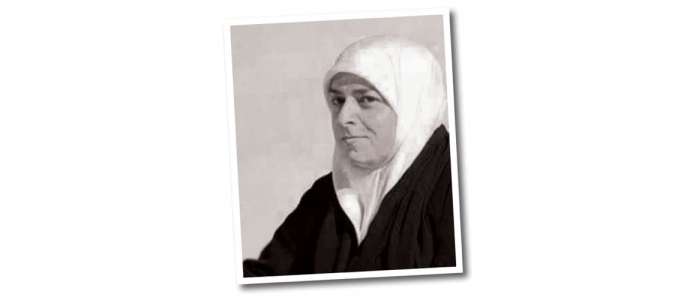
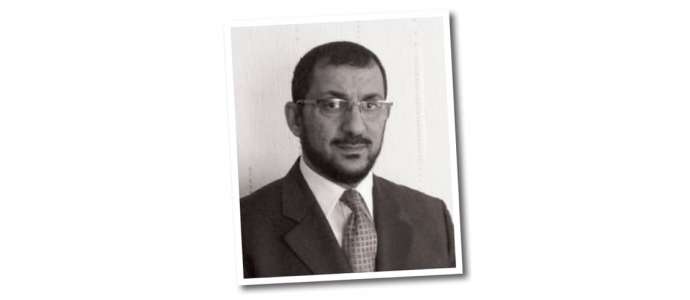
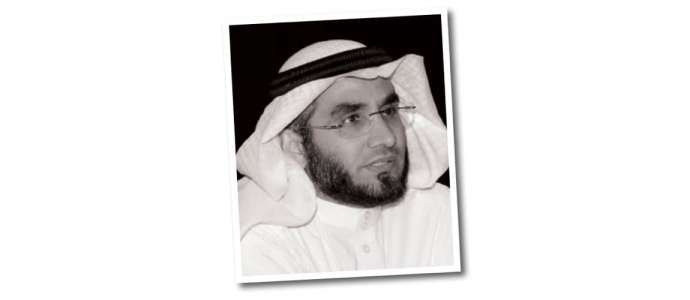
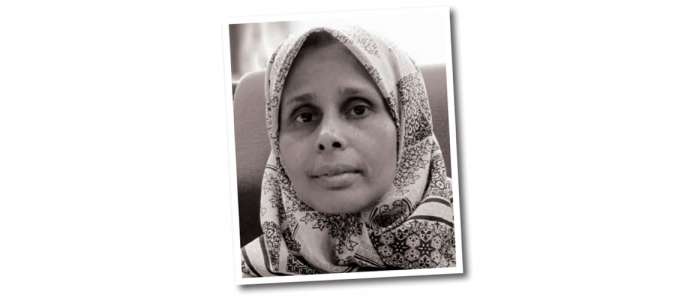
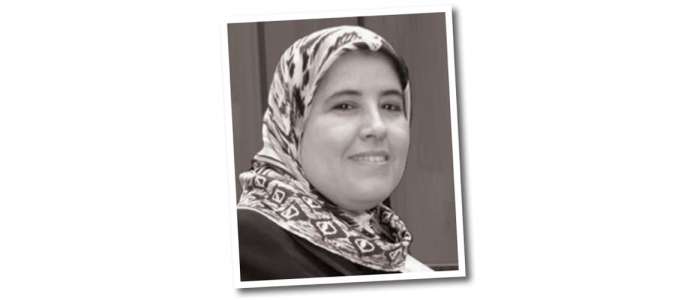
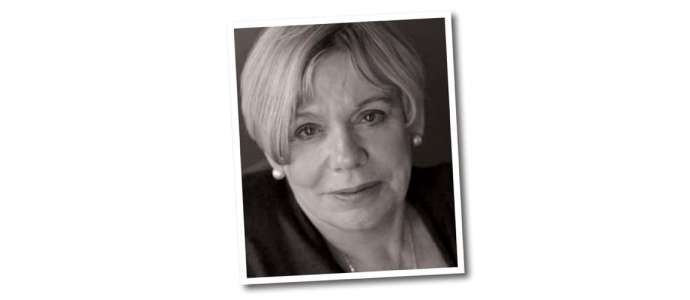
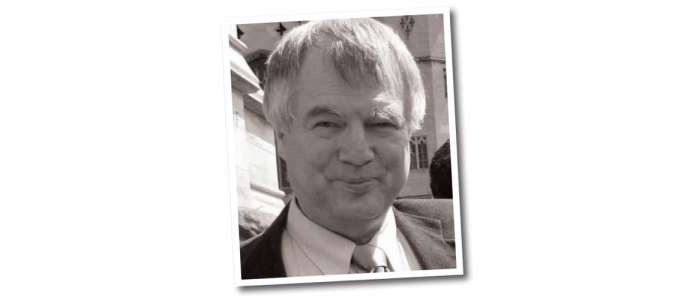
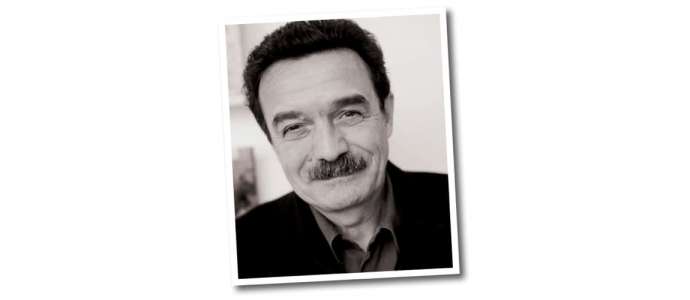
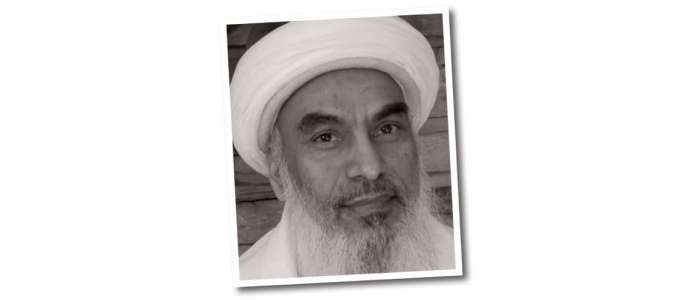
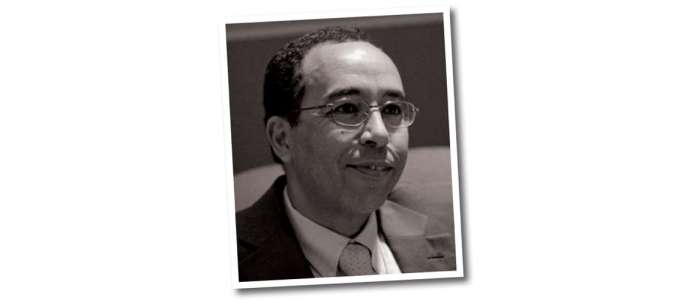
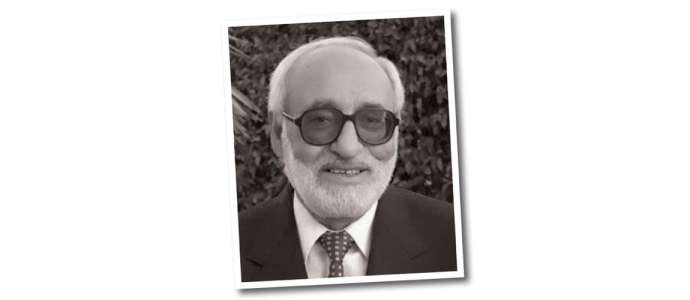
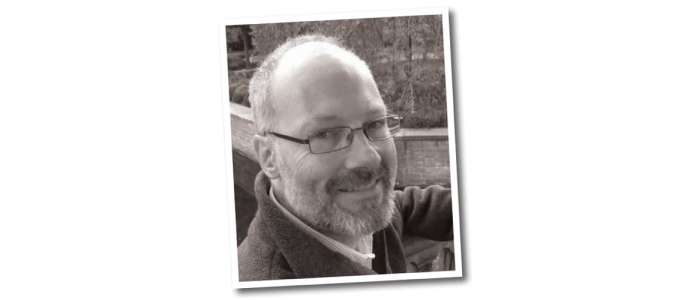
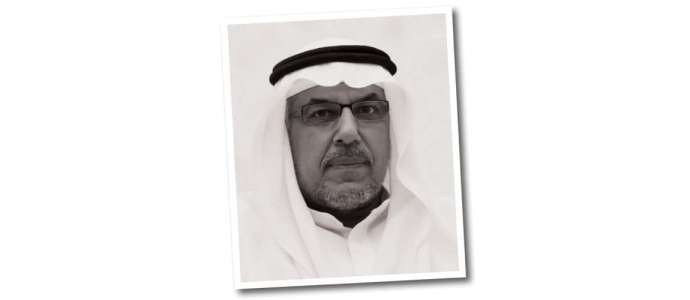
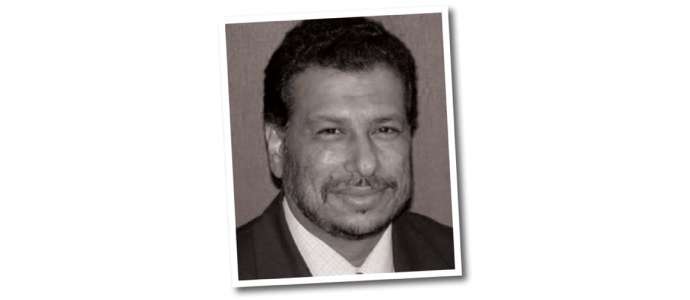

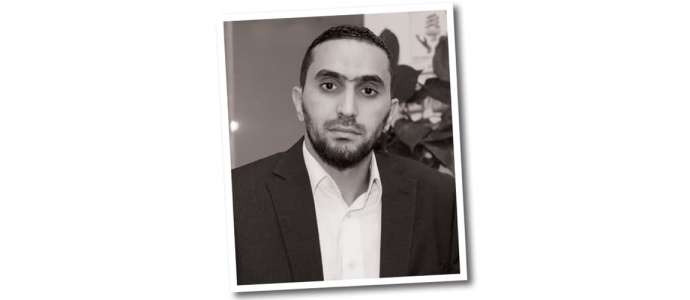












Add new comment